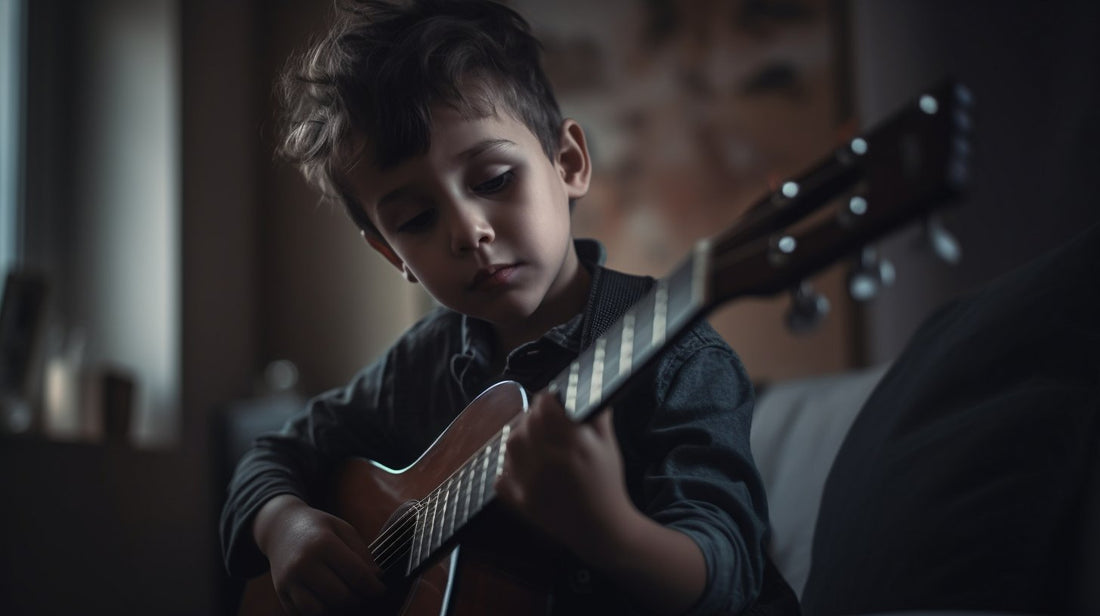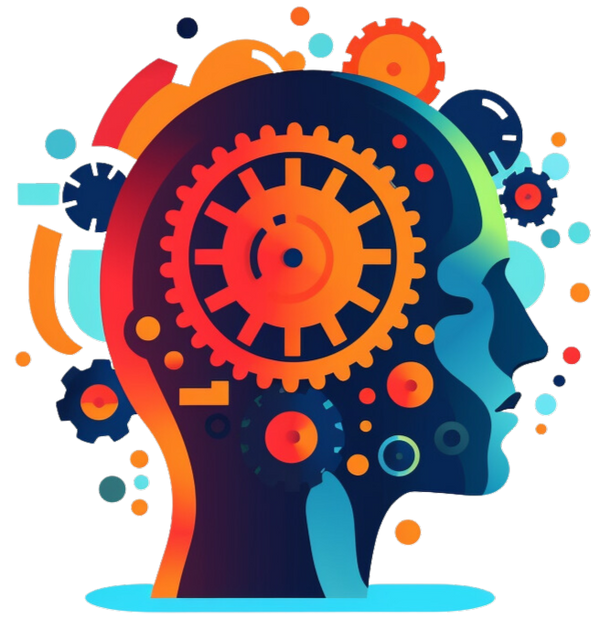
ADHD & Hobbies: Healthy Leisure Time
Share
Hobbies can not only provide fun and relaxation – they also help to increase concentration, reduce stress and improve social and motor skills .
Children with ADHD are often full of energy, creativity, and enthusiasm—but they can also have difficulty concentrating on tasks, sitting still at school, or organizing their activities. Amidst these challenges, hobbies and leisure activities play a particularly important role. They provide a welcome distraction from school, but can also have therapeutic benefits. Consistently pursued hobbies, such as martial arts , improve the ability to focus, reduce physical stress, practice motor skills that are often delayed in children with ADHD—and even boost a child's self-confidence.
What are the special challenges of ADHD?
In terms of hyperactivity, people with ADHD may feel the need to be constantly moving. They feel unable to sit still (for extended periods) or may ask questions and talk excessively. Children with ADHD are often so active that rest periods in a group setting are impossible – or they have great difficulty playing with other children without quickly throwing objects around the room or causing tears to flow.
Inattentive ADHD exhibits a completely different manifestation: These "dreamer children" quickly and repeatedly lose touch with the group, appear "lost," completely absorbed in their thoughts, and only half-heartedly participate in activities before disengaging again. Inattentive ADHD is also a form of hyperactivity, but this is internalized. Dreamer ADHD children do not have the status of a "calm head," so to speak. Their thoughts and feelings race; they constantly brood about past and future events or the expectations of those around them. Hence their apparent absorption—which is in truth inner turmoil.
Of course, both forms of ADHD also affect hobbies, which often take place in a social context. Learning phases and instructions are then disrupted by hyperactivity, for example—or the "dreamers" aren't paying attention at crucial moments—and are at a loss when it comes to actual implementation. It's therefore a matter of reconciling the characteristic "problems" of ADHD—hyperactivity, impulsivity, and inattention—with the pursuit of the hobby. However, these characteristics cannot be "eliminated" or suppressed by increasing pressure; otherwise, great frustration and premature abandonment of the hobby are virtually inevitable.

How can hobbies alleviate the symptoms of ADHD?
Hobbies and leisure activities play an important role in all of our lives. They provide us with opportunities to relax, learn new skills, express our creativity, and socialize with others. However, in the context of ADHD, hobbies have an even deeper meaning.
The following are examples of the effects of sporting hobbies/exercise training on ADHD :
Stress reduction: Exercise of any kind has been proven to help reduce stress and use excess energy constructively. Thanks to the release of neurotransmitters such as dopamine and noradrenaline, it also improves the ability to concentrate. Dopamine and noradrenaline are the neurotransmitters whose levels are artificially increased with ADHD medication. So exercise has exactly the same effect – but naturally requires a lot more effort. Mild to moderate ADHD symptoms can probably be alleviated through exercise. However, exercise for children with ADHD should not just be a test of performance; it should also be fun. The amount of exercise required to completely counteract ADHD symptoms is likely to be considerable. Adults affected, including competitive athletes , for example, talk about intensive, longer exercise three times a day (and can do this without medication).
Focus training: Physical activity plays an important role in increasing attention and concentration. When we move, blood flow increases throughout our body, including the brain. This improves the brain's supply of oxygen and nutrients, which in turn enhances mental performance . Exercise can also help improve what is known as "executive functioning." This refers to skills such as planning, organization, problem-solving, and working memory, which are often impaired in people with ADHD. During exercise, especially sports that require strategy and coordination, such skills are naturally trained and strengthened.
Social integration: Children with ADHD are often socially excluded. They are, for example, the " impossible wild ones ," perceived as loud, destructive, and disruptive by other children and parents alike ("impossible. Simply badly raised"). Or, in the case of inattentive ADHD, they are the "absent-minded daydreamers." Group activities? "Yes, it would be great if they would actually participate." Feedback that can come from school friends and teachers alike. However, if a sport can be found, whether athletics or a team sport, that truly captivates and inspires the ADHD child, they can flourish. When ADHD hyperfocus is at work, the wild one sometimes becomes an enthusiastic striker and goal-scorer—or the "dreamer" becomes a master archer. Ultimately, this leads to social integration into the group. The child may be different, but they are fully accepted. A perception that in turn strengthens the often fragile self-confidence of these children.

Possible hobbies for children with ADHD
Sports: Sports such as soccer, basketball, swimming, or track and field can provide an excellent outlet for the excess energy of children with ADHD. They help improve physical fitness, train focus, promote teamwork, and boost self-esteem.
Arts and crafts: Painting, drawing, crafts, or pottery can have a calming effect on children with ADHD. These activities require creativity (one of the strengths of ADHD) and help children practice their fine motor skills and willful focus.
Music: Whether it's learning an instrument, singing, or simply listening to music, music can have a therapeutic effect on children with ADHD . It helps promote a calm form of attention, improve fine motor skills (which are often delayed), and express pent-up emotions.
Nature activities: Outdoor activities—such as hiking, gardening, or wildlife watching—have been shown to calm the nervous system. They also help children with ADHD increase their mindfulness and foster an appreciation for nature.
Games/Board Games: Games can help children improve their concentration while having fun and developing social skills. Games that engage multiple senses—such as touch—are particularly suitable, such as skill games, building games, and construction sets.

Tips for choosing and promoting hobbies for ADHD
Choosing the right hobby can have a significant impact on the experience and benefits for a person with ADHD, especially since frustration tolerance is much lower in ADHD than in neurotypical children (impulsivity). Here are some tips that can help with choosing and encouraging hobbies:
-
Observe/ask for interests: Before choosing a hobby, consider what your child is truly interested in. Observing in a social context and engaging in targeted conversations with the child and teachers should take priority over the parents' interests (which may never be pursued).
-
Set realistic goals: Maintain realistic expectations and be patient. People with ADHD tend to get frustrated very easily when success doesn't come immediately. Celebrate small progress and recognize setbacks as important and valuable to the learning process.
-
Establish a routine: A regular routine can help you maintain your hobby and pursue it with passion. Try to incorporate set times for your hobby into your daily routine, especially in the beginning.
-
Seek support: Discuss hobby selection with a professional, such as a school psychologist . They should be familiar with the specific challenges and potential benefits of ADHD.
-
Get feedback: It's incredibly important for children to meet their parents' expectations. Children with ADHD, whose stress levels are constantly higher , can be completely overwhelmed by this. Reassure your child that the main goal is to have fun and learn something new. Get regular feedback on how your child perceives their new hobby. Talk about your previous hobbies and how you deal with frustration. This will convey to your child that they're embarking on an adventurous journey where they can rediscover themselves (and others).
